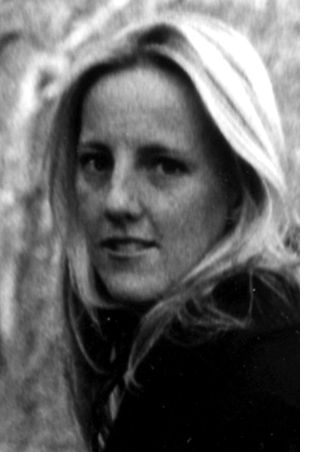THE ISSUE AT HAND
 William Shakespeare never wrote, “Oh what a tangled web we weave when first we practice to deceive” and yet so many people are perfectly willing to believe that he did. Poor Sir Walter Scott—he’s the one who came up with the mighty couplet in his 1808 epic poem Marmion, written about a bloody battle between the English and the Scots. Alas, the tangled web is far more familiar today than the Scott (a Scot) who spun it. In his day, though, he was roundly criticized by Mark Twain for a “romanticization of battle” which Twain cited as influencing the South’s decision to fight in the American Civil War. In Life on the Mississippi he writes: “It was Sir Walter that made every gentleman in the South a Major or a Colonel, or a General or a Judge…and it was he, also, that made these gentlemen value these bogus decorations. For it was he that created rank and caste down there, and also reverence for rank and caste, and pride and pleasure in them.” Not one to suffer lies or propaganda, Twain suggests that to romanticize is, after all, to advance an emotionally fueled deception.
William Shakespeare never wrote, “Oh what a tangled web we weave when first we practice to deceive” and yet so many people are perfectly willing to believe that he did. Poor Sir Walter Scott—he’s the one who came up with the mighty couplet in his 1808 epic poem Marmion, written about a bloody battle between the English and the Scots. Alas, the tangled web is far more familiar today than the Scott (a Scot) who spun it. In his day, though, he was roundly criticized by Mark Twain for a “romanticization of battle” which Twain cited as influencing the South’s decision to fight in the American Civil War. In Life on the Mississippi he writes: “It was Sir Walter that made every gentleman in the South a Major or a Colonel, or a General or a Judge…and it was he, also, that made these gentlemen value these bogus decorations. For it was he that created rank and caste down there, and also reverence for rank and caste, and pride and pleasure in them.” Not one to suffer lies or propaganda, Twain suggests that to romanticize is, after all, to advance an emotionally fueled deception.
Lies of all manner find purchase with us humans, typically because a) they serve someone’s needs somehow (see “Vampire Bankers” herein); b) they make sense (“Oh what a tangled web…” sounds like Shakespeare—gimme that old-time iambic pentameter—and the practice of deception runs throughout his plays, often to tangled, tragic ends); or c) the lies don’t make sense, and neither do we.
What we are currently witnessing in the United States is a deception of the latter variety, and it’s being perpetuated by segments of the American public regarding the dangers of President Obama’s healthcare reform. The tangled web extends across the country over the conservative airwaves, through the still powerful undercurrent of racism, and into townhall meetings where members of Congress (so often bereft of courage) bravely attempt to educate the public on the details of the reform bill. People believe themselves to be acting as majors, colonels, generals, and judges in the perceived war against neo-nazi socialism and in defense of the sanctity of life. Meanwhile, the uninsured are floundering, the planet is warming (as Joni Baird so urgently notes in these pages) and abortion providers—while operating within the law—are under siege. A tangled web indeed.
You won’t catch the subject of this issue’s cover story anywhere near that mess. In fact, Neil deGrasse Tyson, the wildly popular and accomplished astrophysicist, recently told a humanist audience that he won’t debate people whose brains are what he calls “tangled” with irrational thoughts (he’s leaving those types to us). Rather, Tyson’s mission is to employ creativity and a sense of commonality in trying to spark an interest in the truth, namely in pursuit of answers regarding the nature of the planet and the universe. But his mission is also one that, as the great John Dewey said, “signifies supreme loyalty to the method by which truth is attained.” It would seem the future success of our country hinges upon such a mission. As they say in the aerospace industry, Godspeed—to all the rational and skeptical among us.
Jennifer Bardi is the editor of the Humanist.
